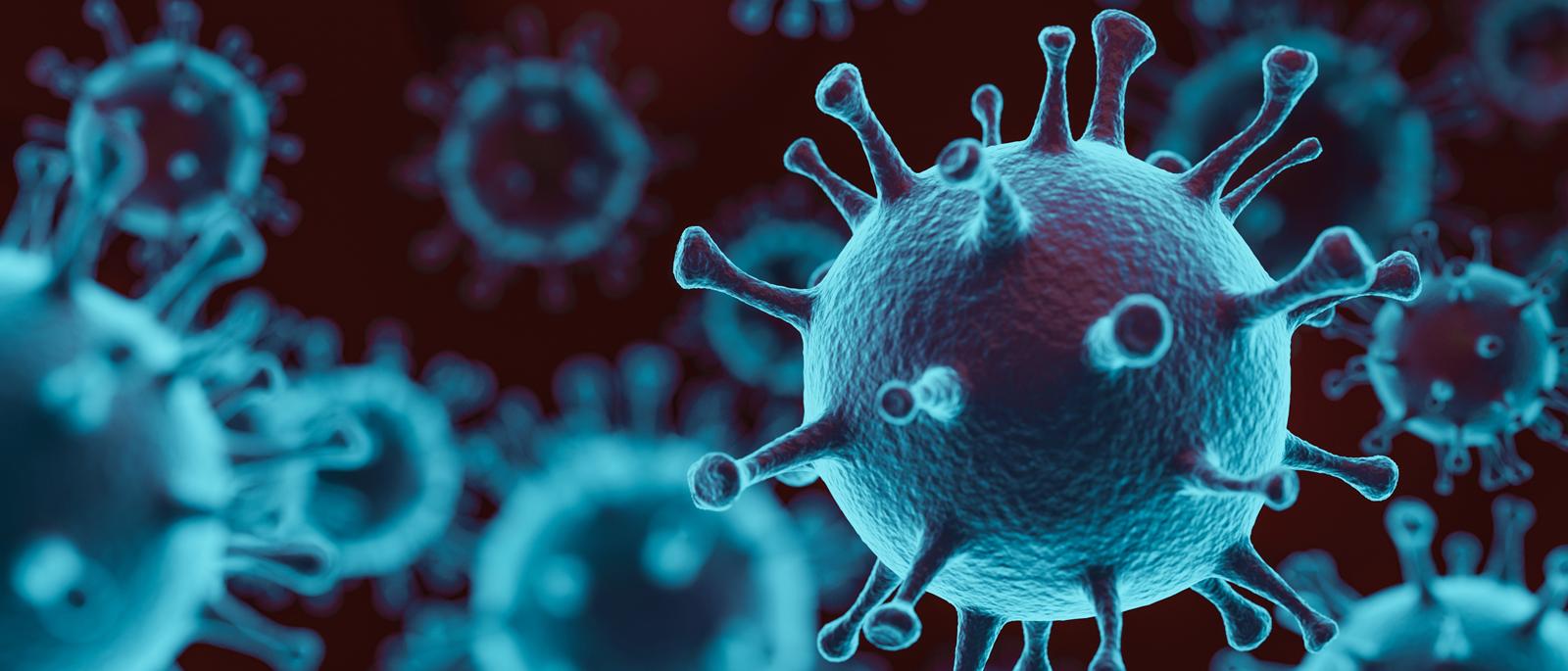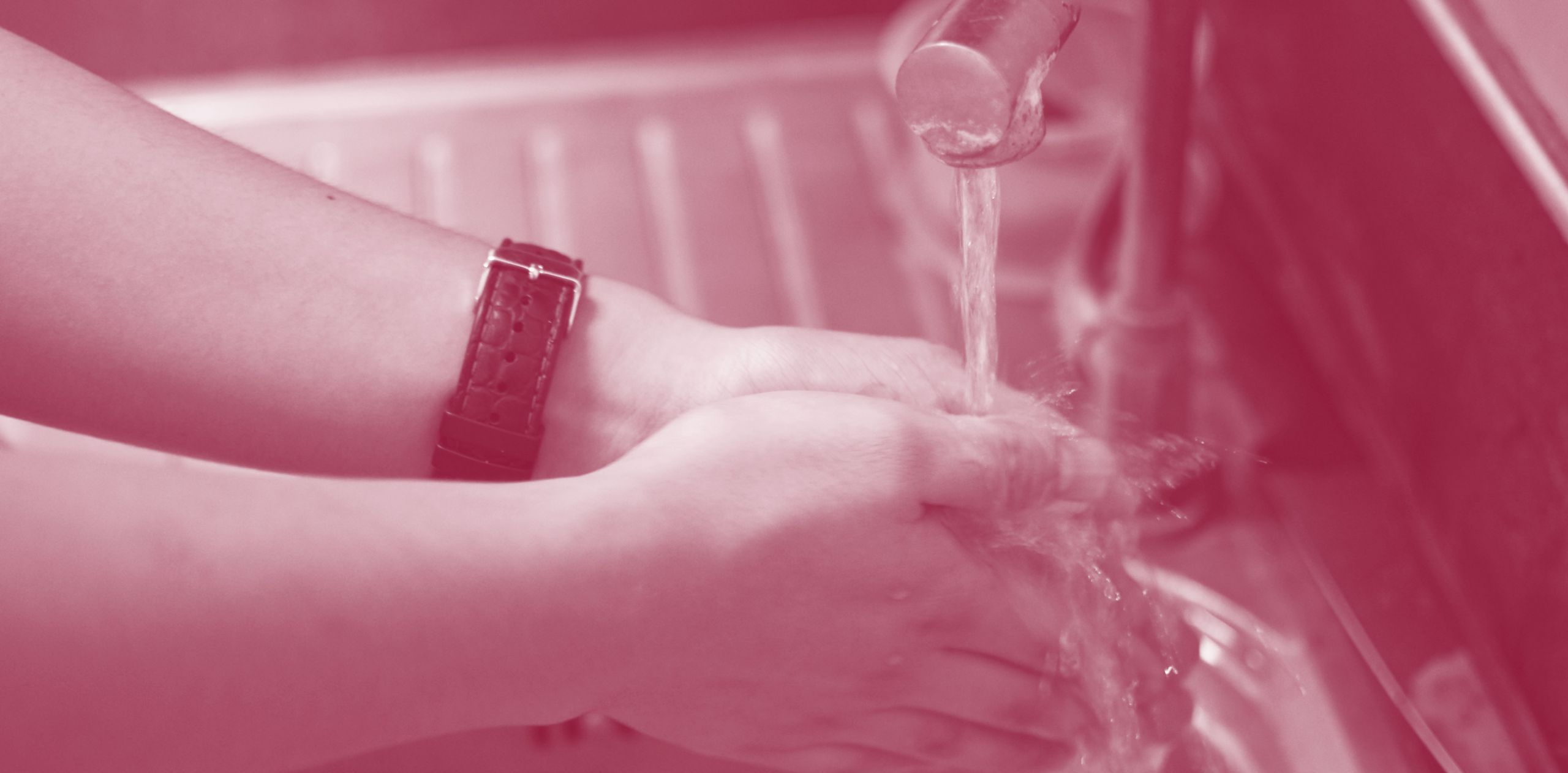COVID-19 has become one of the most difficult challenges in recent times for the entire world. With thousands of people getting affected and hundreds dying on a regular basis, this pandemic has become a crisis like no other.
The worst part is there’s currently no vaccine to prevent this hazardous disease. It’s only through our awareness and adherence to preventive measures that we can win over this deadly virus.
So, let’s get to know in details about the disease and how we can protect ourselves as well as prevent the spread of COVID-19.
What is Coronavirus disease (COVID-19)?
Coronavirus disease (COVID-19) is an infectious disease caused by a new virus.
The disease causes respiratory illness (such as flu) along with symptoms like cough, fever, and in more severe cases, difficulty in breathing.
You can protect yourself by washing your hands frequently, avoiding touching your face, and avoiding close contact (1 meter or 3 feet) with people who are unwell.

How COVID-19 Spreads?
Coronavirus disease (COVID-19) spreads primarily through close contact with an infected person when they cough or sneeze.
Besides, it also spreads when a person touches a surface or object that has the virus on it and then touches their eyes, nose or mouth.
The virus is thought to spread mainly from person-to-person:
- Between people who are in close contact with one another (within about 6 feet).
- Through respiratory droplets produced when an infected person coughs, sneezes or talks.
- These droplets can land in the mouths or noses of people who are nearby or possibly be inhaled into the lungs.
- Some recent studies also show that COVID-19 may be spread by people who are not showing symptoms.
How to Protect Yourself and Others from the Spread of COVID-19?
The best way to prevent this illness is to avoid being exposed to this virus.
1. Clean your hands often:
- Wash your hands often with soap and water or alcohol-based hand wash for at least 20 seconds especially after you have been to public places, or after blowing your nose, coughing or sneezing.
- If soap and water are not readily available, use a hand sanitizer that contains at least 60% alcohol. Cover all surfaces of your hands and rub them together until they feel dry.
- Avoid touching your eyes, nose, and mouth with unwashed hands.
2. Cover coughs and sneezes:
- If you are in a private place and don’t have your face covered all the time, remember to always cover your mouth and nose with a disposable tissue when you cough or sneeze or use the inside of your elbow.
- Throw used tissues in the trash always.
- Immediately wash your hands with soap and water for at least 20 seconds after sneezing or coughing every time. If soap and water are not readily available, clean your hands with a hand sanitizer that contains at least 60% alcohol.
3. Cover your mouth and nose with a cloth face cover or face mask when around others:
- You could spread COVID-19 to others even if you do not feel sick.
- Everyone should wear a cloth face cover when they have to go out in public, for example to the grocery store or to pick up other daily necessities.
- Cloth face coverings should not be placed on young children under age 2, anyone who has trouble breathing, or is unconscious, incapacitated or otherwise unable to remove the mask without assistance.
- The cloth face cover is meant to protect other people in case you are infected and vice versa.
- Do NOT use a face mask meant for a healthcare worker.
- Continue to keep about 6 feet between yourself and others. The cloth face cover is not a substitute for social distancing.
- Avoid close contact (1 meter or 3 feet) with people who are unwell
- Stay home and self-isolate from others in the household if you feel unwell
- Don’t touch your eyes, nose, or mouth if your hands are not clean.
4. Clean and disinfect:
- Clean and disinfect frequently touched surfaces regularly. This includes tables, doorknobs, light switches, counter tops, handles, desks, phones, keyboards, toilets, faucets, and sinks.
- If surfaces are dirty, clean them: Use detergent or soap and water prior to disinfection.
5. Stay Indoors:
The more you isolate yourself from people physically, the safer you will be. Stay at home, work from home and go outside only when it is really necessary.
Studies have suggested that, elderly people are at highest risk from COVID-19 as their immunity is weaker as compared to young masses. So, it is preferable to avoid physical contact with them to make them safer. In this scenario, all must act to prevent community spread.

There’s currently no vaccine to prevent coronavirus disease (COVID-19). So, the best way to prevent illness is to avoid being exposed to this virus and follow the above precautionary measures.
We need to stay home as much as possible. This way we can not only make ourselves safe, but also save thousand other lives.
Prevention is always better than cure!




